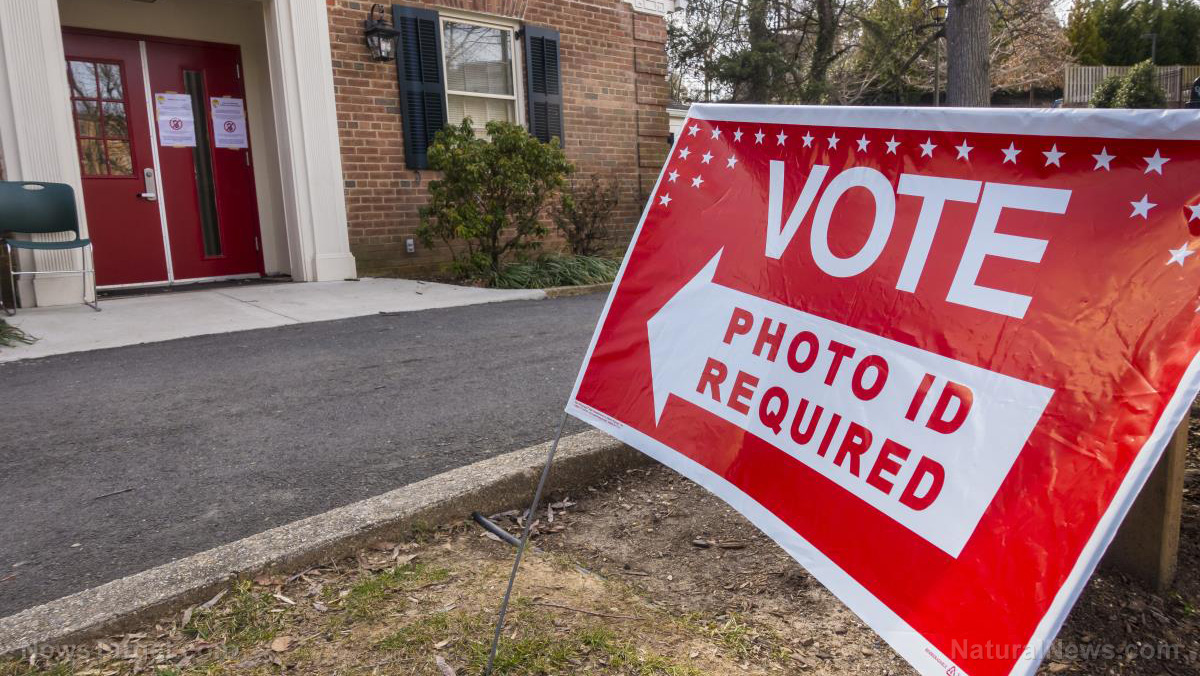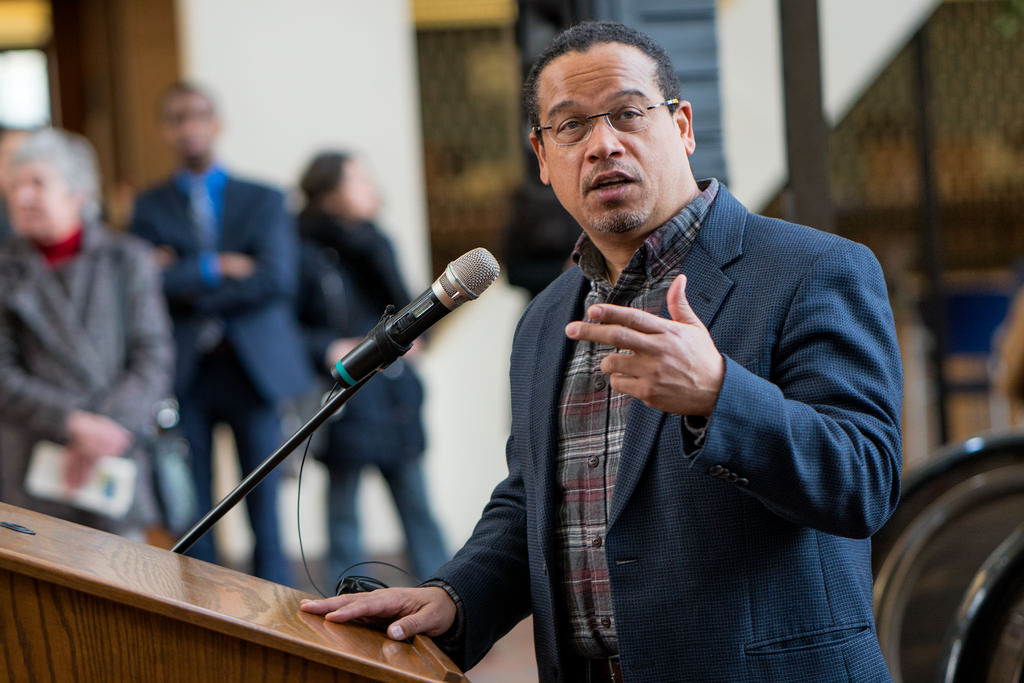Teen unemployment rate hits a whopping 14%, we list two reasons why this might be so
07/02/2017 / By Rhonda Johansson

Latest figures reflect conflicting views on the American economy. New, seasonally-adjusted data from the U.S. Bureau of Labor Statistics (BLS) shows that while job opportunities in the U.S. have increased since the Trump administration, the rate of teen employment has dipped to a worrisome 14 percent. This may not seem so bad compared to 2009, where 27 percent of teens were without a job, but it does speak of an underlying and potentially dangerous trend in summer jobs or seasonal work.
In an analysis posted on Bloomberg.com, a recent CareerBuilder survey of 2,587 employers found that 41 percent of them were planning on hiring seasonal or contractual workers for the summer. This is a 29 percent increase from last year. Yet teen employment remained down. The discrepancy may, the Bloomberg article stated, lie in the fact that unemployment numbers spoke of those who were actively looking for a job. It did not take into account teenagers who were not seeking to be employed — and apparently, many American teens aren’t.
A quick look into teen employment over the last 30 years show a distinct pattern. When the economic recession hit in the early 1990s, financial analysts expected a massive dip in teen employment. However, as the American economy recovered, teen labor did not. In fact, the participation rate of 16- to 19-year-olds has steadily declined since the early 2000s.
Two theories have been proposed as to why this might be so.
Competition is fierce
Whether by choice or necessity, more older Americans are opting to stay in the workforce. According to an article on Telegraph.co.uk, one in five Americans aged 65 and older are still working — the highest rate since 1985. We can look at the sunny side of this and point to the longer life expectancy of people and employees feeling more engaged with their work, but analysts say that the reason most people choose to work longer is merely because they have to. In the same article, it was noted that a quarter of employees aged 55 and older do not have the necessary savings to retire properly; questioned participants reported having less than $10,000 in combined investments and savings. With such a small nest egg, nearly a third of workers in this age group said that they expect to work until they are at least 70, if they retire at all. Older workers also recognized that they may be replaced for a younger worker, making them less willing to give up their job — even for a season.
Another factor to take note of is the considerable impact low-skilled immigration has on the youth labor market. A 2012 study with the same title suggested that the increased competition offered by immigrants has caused the decline of teen employment. Take this from the employer’s point of view: Even if these adult immigrants are less educated and may have potential language difficulties, they can be paid less, work more hours, and could — in time — become a full-fledged employee given proper training. Unlike with American teens who expect quite a lot and can only work for a summer, the cost-expense benefit is not that appealing. The views offered in the study though have yet to be empirically validated so these assumptions should be taken with a grain of salt.
More students are choosing to study
Incidentally, one reason why teenagers are not working, or choosing to apply for a summer job, could be because they are deciding instead to study. Another Bureau of Labor Statistics analysis revealed that the cooling of the teen labor force participation can be linked to the increased school workload students have. School districts have lengthened both the school day and academic year in only just the last few decades. Students are using their summers not only to catch up on their school work but to enroll in enrichment courses and work on their college credits. BLS data showed that more than two in five 16- to 19-year-old were enrolled in school over the summer. This is four times as many as there were enrolled in 1985. It has been suggested that parents are also pushing their children to take more advanced placement (AP) classes to get a leg up in school and in potential employment when these teens are of actual working age.
Still, a recent National Bureau of Economic Research study concluded that this single-mindedness in education can prevent teenagers from benefiting from the social and emotional growth summer jobs can offer them. If anything, researchers of the study said that teens who work for a summer or two “[learn how] to better avoid or manage conflict.”
You can read more articles like this by going to NewsTarget.com.
Sources include:
Tagged Under: summer job, teen jobs, teen labor force, teen unemployent




















